Finally Finished The Set! This Took A Crazy Long Time To Complete, But I’m Happy With The Result
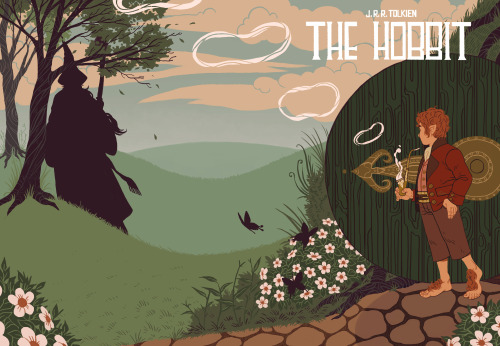
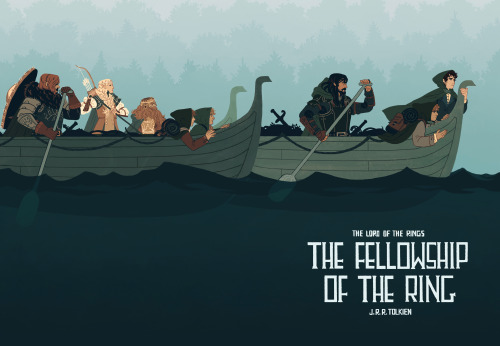
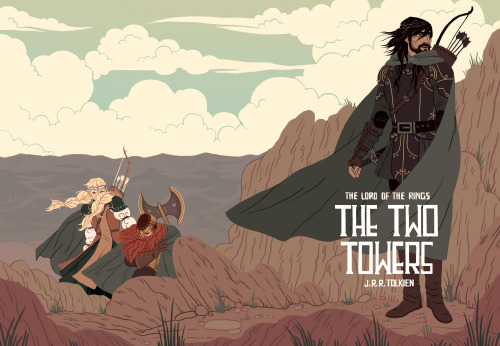
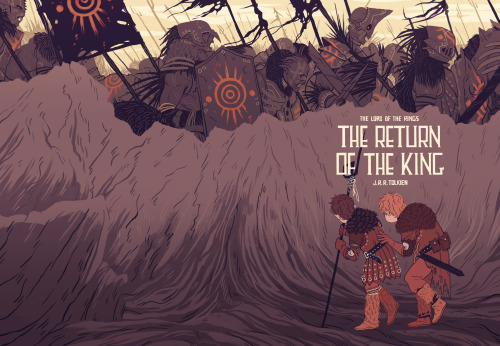
Finally finished the set! This took a crazy long time to complete, but I’m happy with the result
More Posts from Blazingquill and Others
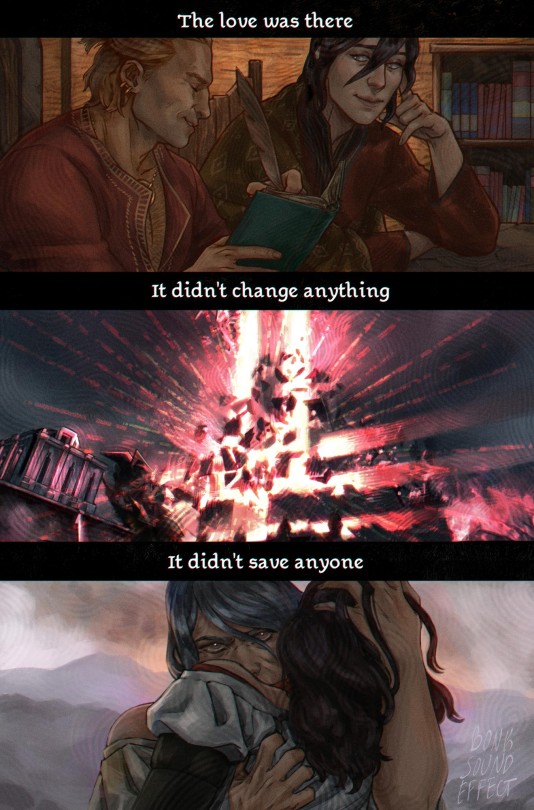

Have you heard of the tragedy of the Champion of Kirkwall?
+ Bonus
The og post that made me go insane

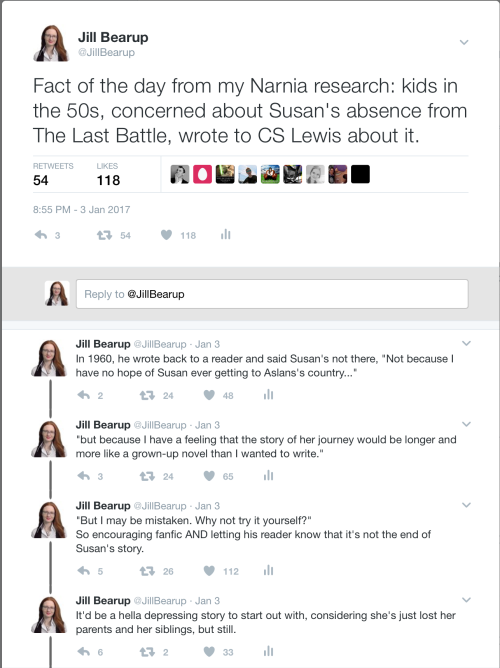
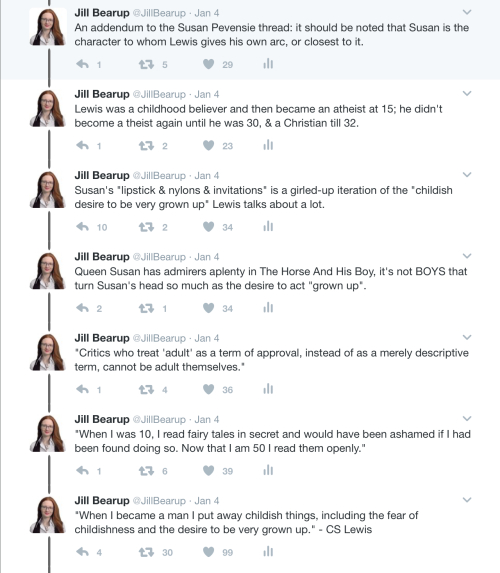
Turns out people really like me waffling about Narnia on Twitter.
So here’s a more hopeful spin on Susan Pevensie. (From the author’s pen to your eyeballs.)

"If you meant what you said Alistair, then swear on the divine. 'Tis not often you get to be in her presence" "I- It's- You never stopped being mean, do you?"







Rogue One: A Star Wars Story + wolfpupy








The Walking Dead Variant Covers
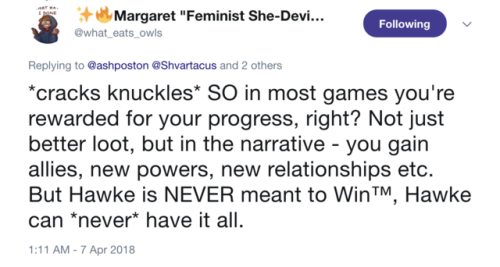
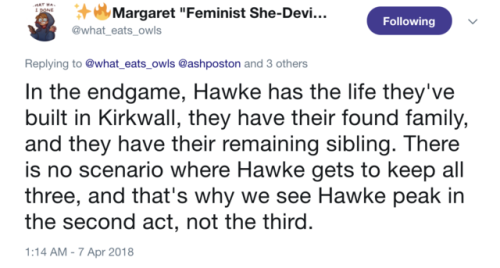
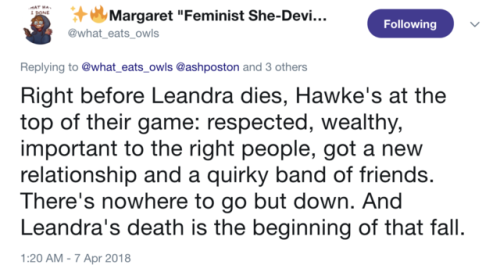
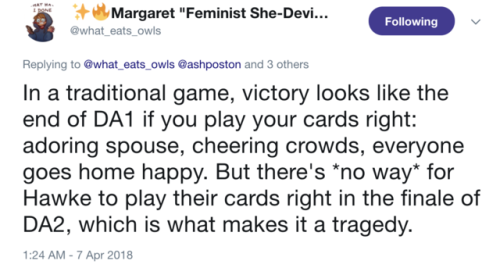
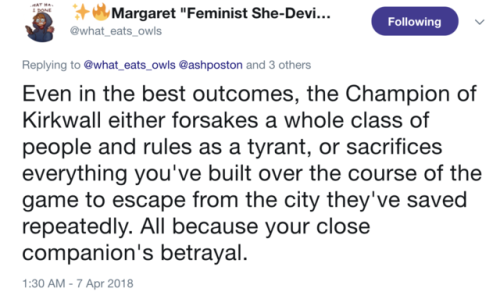
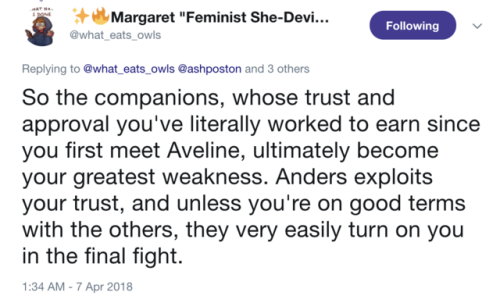
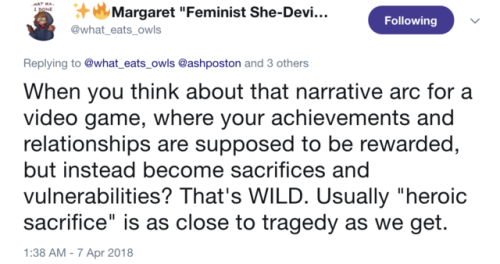
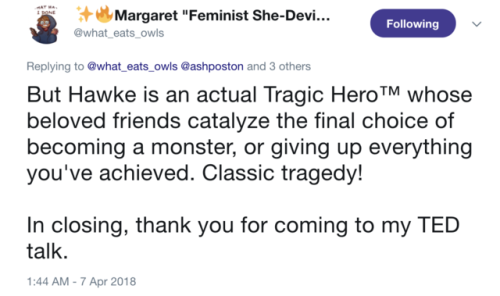
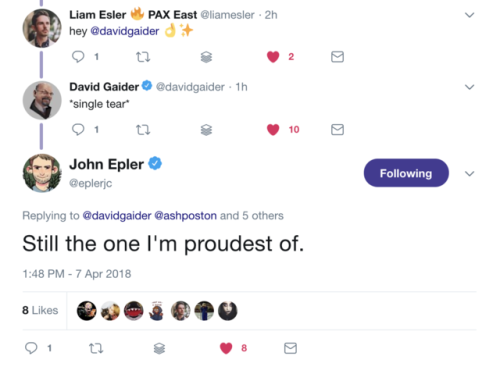
This is the single best take on Dragon Age 2 I’ve ever read and why I will defend it with my life AND TWO OF THE WRITERS BASICALLY CONFIRMED IT??
(Also everyone go follow Margaret Owen on twitter. she writes books.)
twitter thread here
Veilguard in many ways is reductive while being the most directly moralizing of the Dragon Age games, which makes it impossible to play a character with politics, ideas, or morals different from those the game espouses.
The game continuously tries to convince the player that these options do exist, hints at the fact that you will need to make sacrifices in order to win the war against the Evanuris, and ultimately, to stop Solas. But it fails to actually deliver on any of those promises by providing only three major choices, and a handful of minor choices. Not to mention that most of the dialogue options won't allow you to be authoritarian with a sole focus on defeating the Evanuris.
In my mind our three major decisions are:
The City you choose to send other people to defend, resulting in it being Blighted and captured by the villains already vying for power.
The person you choose to lead the other group when attempting to kill Ghilan'nain.
Whether to provide Solas closure & redemption, trick him, or fight him.
My issue with the first decision is that it does not go far enough. In a game that is ostensibly about hard choices, the fact both cities come out of it still standing, even if one survives in very bad shape and under totalitarian rule, doesn't make sense to me. The city you help should barely survive thanks to your presence, and the one you leave others to defend should be blighted and uninhabitable.
Additionally, you should be able to give a reason to your companions, in game, as to why you chose one city and not the other. For example, my Grey Warden Rook chose to help Treviso because they knew Minrathous' history with Blights and thought they might be able to handle it without them. But there are other Rooks who will save Minrathous because they hate The Crows. There are Rooks who will flip a coin and follow its lead. There are Rooks who think Minrathous does not deserve to be saved.
But this game does not, textually, allow Rook that kind of anger. It does allow Rook to say anything at all about the choice, other than that they had to make it, and that they are sorry. The game tells us we must feel bad for not being able to save everyone. But why?
Part of my issue with the second choice lies with Lucanis, and the fact the game does not allow you to dismiss any of your companions. He fails to strike when it counts most, and Rook and the whole team seem understanding if frustrated by it, but are willing to give him a second chance. But why? Because it is the morally right thing to do? Because he needs a shot at redemption?
Those are not good enough reasons for my Rook. But the game does not allow Rook to dismiss him after a catastrophic failure. It insists he remain, despite it being more than reasonable to kick out the guy who had one shot and missed.
Which relates to my real gripe with this choice: you should be able to choose any of your companions to lead the group, resulting in any of their deaths. And they should be the one to strike the final blow, not Lucanis, unless he is the person that is chosen. This, to me, is far more narratively satisfying, and puts the choice back into Rook and the player's hand.
The final decision is the one I feel is the most well done, but I still have issues with it.
The Inquisitor, romanced or not, and Morrigan, should be there in all endings. Morrigan should always help you defeat Solas, and the Inquisitor, based upon decisions they made in the prior game and not solely relying on whether or not they romanced him, should either fight with or against you. If they meet that criteria in the ending where you trick Solas, they should be the final boss. Additionally, the Inquisitor should get to choose whether or not to go with Solas if they have high enough friendship or romance in the redeemed ending.
My frustrations with Veilguard overall are the way it tells you it is doing something, without ever showing you, the severe limitations it imposes on actually roleplaying, and the way it glosses over previously established cultural issues and flaws within its narrative. It reduces the Venatori and Antaam to shells of their former nuanced selves. References to slavery within Tevinter culture are almost entirely removed. The Crows have morphed into an illusion to an Italian Mafia rather than a brutal group of spies who take part in child slavery and kill those who do not live up to their expectations. I cannot be a dalish elf, or a city elf, in a way that at all reflects the culturally distinct upbringings those two groups have. I cannot make Rook into anything more than they already are. I cannot make a Rook that falls outside of what the game deems as acceptable.
This game sanitizes the aspects of Dragon Age that were most interesting to me personally, trying to tie up all lore questions in a nice little bow, in aim to appeal to the widest audience possible. But it fails to do that, because in doing so, it lost the identity that makes it appealing.
I have said this before, and I will say it again: All art is inherently political because art is both a reflection of and the means by which culture is facilitated. And the illusion of choice in this game, the illusion that you can make hard decisions or play a character that's antagonistic or authoritarian, feels very inline with what capitalism presents to those who live under it. The choices we are presented with are a facade. The representation we are given is surface level and largely unsatisfying. We must act, even in our fantasies, in a way that corporations deem acceptable. We must maintain the status quo.
-
 ame-ee liked this · 1 week ago
ame-ee liked this · 1 week ago -
 bluedemiurge liked this · 1 week ago
bluedemiurge liked this · 1 week ago -
 fidothefinch liked this · 2 weeks ago
fidothefinch liked this · 2 weeks ago -
 obsidian-void liked this · 2 weeks ago
obsidian-void liked this · 2 weeks ago -
 garbagebinofsparklytrash reblogged this · 2 weeks ago
garbagebinofsparklytrash reblogged this · 2 weeks ago -
 garbagebinofsparklytrash liked this · 2 weeks ago
garbagebinofsparklytrash liked this · 2 weeks ago -
 theperfectcupnoodle liked this · 2 weeks ago
theperfectcupnoodle liked this · 2 weeks ago -
 lilaclotuses reblogged this · 2 weeks ago
lilaclotuses reblogged this · 2 weeks ago -
 yute15 liked this · 2 weeks ago
yute15 liked this · 2 weeks ago -
 hummus-png liked this · 2 weeks ago
hummus-png liked this · 2 weeks ago -
 mikilavellan liked this · 2 weeks ago
mikilavellan liked this · 2 weeks ago -
 dreamofbecoming reblogged this · 2 weeks ago
dreamofbecoming reblogged this · 2 weeks ago -
 hurgusbord liked this · 2 weeks ago
hurgusbord liked this · 2 weeks ago -
 thelioncount reblogged this · 2 weeks ago
thelioncount reblogged this · 2 weeks ago -
 thetwinwithoutalegacy liked this · 2 weeks ago
thetwinwithoutalegacy liked this · 2 weeks ago -
 mcmadcanvas reblogged this · 2 weeks ago
mcmadcanvas reblogged this · 2 weeks ago -
 frogspawned reblogged this · 2 weeks ago
frogspawned reblogged this · 2 weeks ago -
 the-letter-horror-lover liked this · 3 weeks ago
the-letter-horror-lover liked this · 3 weeks ago -
 bookgirl2608 liked this · 3 weeks ago
bookgirl2608 liked this · 3 weeks ago -
 sambinots liked this · 3 weeks ago
sambinots liked this · 3 weeks ago -
 bowieforking reblogged this · 3 weeks ago
bowieforking reblogged this · 3 weeks ago -
 ireais reblogged this · 3 weeks ago
ireais reblogged this · 3 weeks ago -
 ireais liked this · 3 weeks ago
ireais liked this · 3 weeks ago -
 ao3-brihna reblogged this · 3 weeks ago
ao3-brihna reblogged this · 3 weeks ago -
 onceuponatmi reblogged this · 3 weeks ago
onceuponatmi reblogged this · 3 weeks ago -
 ternhaven liked this · 3 weeks ago
ternhaven liked this · 3 weeks ago -
 not-a-sidekickk reblogged this · 4 weeks ago
not-a-sidekickk reblogged this · 4 weeks ago -
 theomencometh reblogged this · 4 weeks ago
theomencometh reblogged this · 4 weeks ago -
 mothmyriad liked this · 4 weeks ago
mothmyriad liked this · 4 weeks ago -
 raeveeen reblogged this · 1 month ago
raeveeen reblogged this · 1 month ago -
 raeveeen liked this · 1 month ago
raeveeen liked this · 1 month ago -
 ziqiqu liked this · 1 month ago
ziqiqu liked this · 1 month ago -
 thehorrorsarehere reblogged this · 1 month ago
thehorrorsarehere reblogged this · 1 month ago -
 tsukikitty liked this · 1 month ago
tsukikitty liked this · 1 month ago -
 tailsylennon liked this · 1 month ago
tailsylennon liked this · 1 month ago -
 rose-mage reblogged this · 1 month ago
rose-mage reblogged this · 1 month ago -
 thehorrorsarehere reblogged this · 1 month ago
thehorrorsarehere reblogged this · 1 month ago -
 thehorrorsarehere liked this · 1 month ago
thehorrorsarehere liked this · 1 month ago -
 barrowdowns-blog liked this · 1 month ago
barrowdowns-blog liked this · 1 month ago -
 caldicotart reblogged this · 1 month ago
caldicotart reblogged this · 1 month ago -
 spontaneoustangent reblogged this · 1 month ago
spontaneoustangent reblogged this · 1 month ago -
 titrationturtle reblogged this · 1 month ago
titrationturtle reblogged this · 1 month ago -
 roguemortal reblogged this · 1 month ago
roguemortal reblogged this · 1 month ago -
 glowyjellyfish reblogged this · 1 month ago
glowyjellyfish reblogged this · 1 month ago -
 thenightisland reblogged this · 1 month ago
thenightisland reblogged this · 1 month ago -
 tinkert202001 liked this · 1 month ago
tinkert202001 liked this · 1 month ago -
 gh5tbyt3 liked this · 1 month ago
gh5tbyt3 liked this · 1 month ago -
 smidgen37 liked this · 1 month ago
smidgen37 liked this · 1 month ago -
 lvvng liked this · 1 month ago
lvvng liked this · 1 month ago






